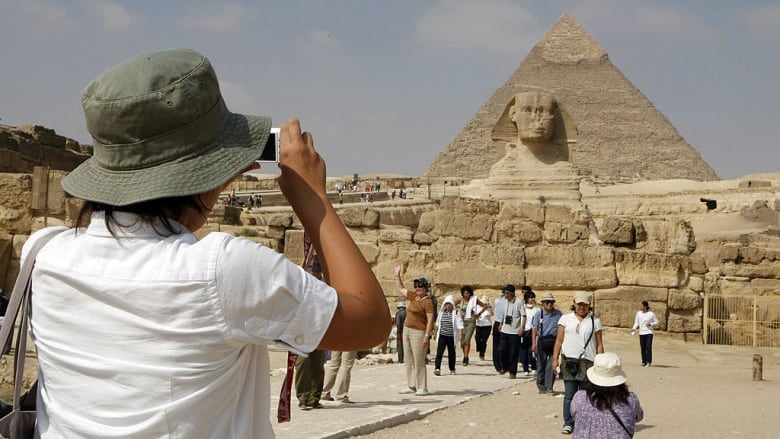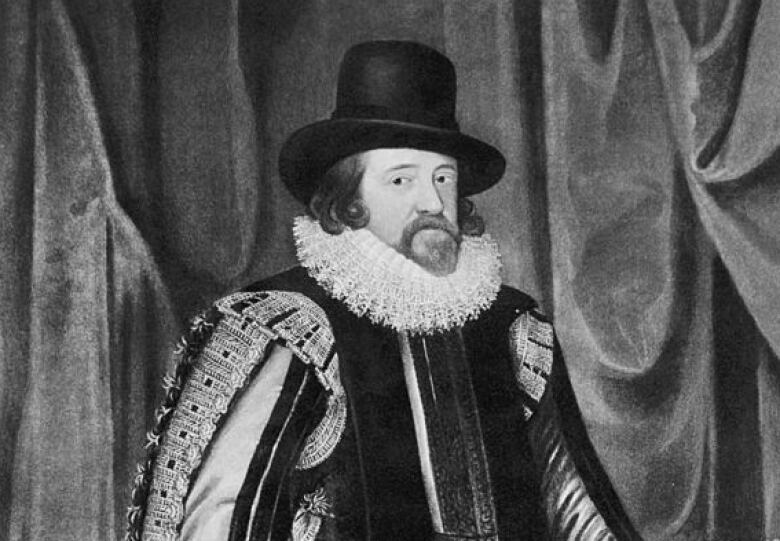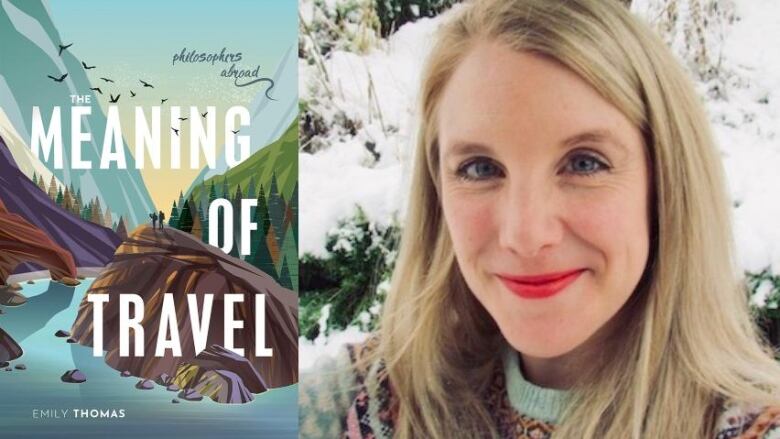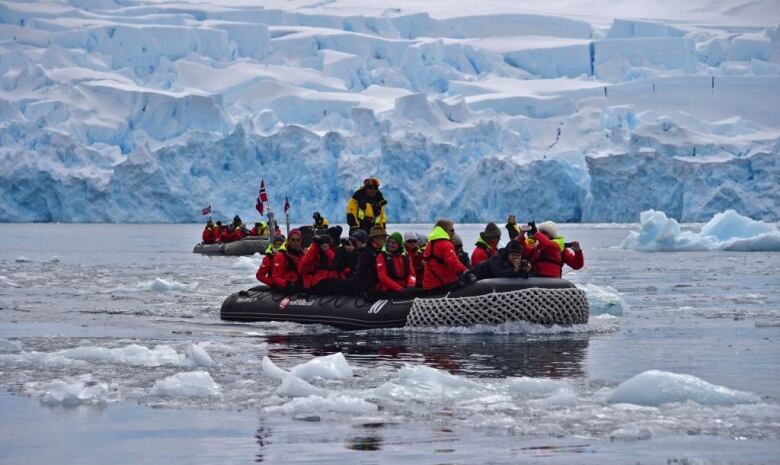I Travel Therefore I Am: The Philosophy of Travel
Through travel, 'we are forced to expand and rethink what we know,' says philosopher Emily Thomas

*Originally published on March 11, 2021.
In March 2020, global tourism came to a screeching halt.
Flights were cancelled, borders were closed, and soon millions of people across the world found themselves under lockdown in their homes. A year later, the travel industry has lost nearly a trillion dollars. And frequent flyers have been given ample chance to reflect on the essence and impact of their trips around the planet.
PhilosopherEmily Thomas tells us that travel is essentially an encounter with the unknown. Travel, she says, "shows us otherness"by offering us an "immediate sense of things we have never experienced."
And through these new experiences, Thomas believes "we are forced to expand and rethink what we know."
How travel transforms thinking
As an encounter with the unknown, the value of travel is like the benefit of a good book: it improves our mind by introducing us to new customs and cultures and truths about the world. In fact, Thomas claims travel is similar to philosophy and science to the extent that each of these activities "map out new territory."
The connection Thomas sees between travel and education, generally, is borne out by what we now dub 'The Age of Discovery.'
As European exploration of the globe increased in the early 17th century, the philosopher and scientist Francis Bacon used travel to question the long-held belief that we could understand the world by sitting around and thinking.

After reading reports from abroad, Bacon argued the best way to expand our knowledge of the world was through observation and experimentation, and he believed travel was a key component of this project. As Thomas puts it, "we cannot understand the seas and its fish by sitting in armchairs." Instead, "we must go out into the world and look about."
The educational and experimental value of going out and looking about suggests that traveling to new places transforms the way we think. And to explain how and why learn through our travels, Thomas appeals to the extended mind hypothesis.
According to this hypothesis, our minds are not simply in our heads, but extend to the world around us. To see this, think of the way we use our smartphones to remember a friend's birthday or find our way around a city. In both cases, we have offloaded a cognitive task to a piece of technology, and this means our thought process is not separate from but continuous with our surroundings.
Of course, if our mind is continuous with our surroundings, then changing our surroundings implies changing our minds. "As we leave one place and get involved with another,"Thomas writes, "our cognitive tools change, along with our minds."

And it is this change in mind affected by unfamiliar surroundings that puts us in a position to learn something new.
The power of travel to change our minds and teach us something new explains its mass appeal. But it is not all good news, as mass tourism is turning ancient cities into amusement parks, destroying irreplaceable ecosystems, and expediting climate change via an increase in aerospace carbon emissions.
An appeal for sustainable tourism
Thomas is particularly interested in what's known as 'doom tourism' the rush to see places like Antarctica or the Great Barrier Reef before they disappear completely. In principle, Thomas maintains there is nothing wrong with doom tourism.
"If I run out to see a rainbow before it vanishes," says Thomas, "no harm is done."But in practice, the toxins released into the air and sea when traveling to Antarctica or the Great Barrier Reef hasten their demise and thus render this form of doom tourism problematic.

In response to the environmental concerns raised by travel, Thomas takes inspiration from Bhutan and calls for a sustainable approach to tourism that sets limits on the number of travelers permitted to visit any particular destination.
She also notes that the pandemic has shown us that "a great deal of business travel is unnecessary"and she states that "traveling by land and cutting back business travel are relatively easy ways to reduce our carbon footprint without causing too much harm to those who depend on the travel industry."
But most importantly, Thomas believes the pandemic has taught us that travel cannot be taken for granted.
"There is a tendency," she says, "to think that travel will always be easily and cheaply available, but the lockdown has shown us just how wrong that idea is."
And as a frequent flyer, who loves learning new things, Thomas says:
"When we can travel again, I will breathe a big sigh of relief and I'll appreciate traveling like I never have before!"
*This episode was produced byAaron James Wendland, a Senior Research Fellow at Massey College in the University of Toronto, with help from Melissa Gismondi.













_(720p).jpg)


 OFFICIAL HD MUSIC VIDEO.jpg)
.jpg)



























































































